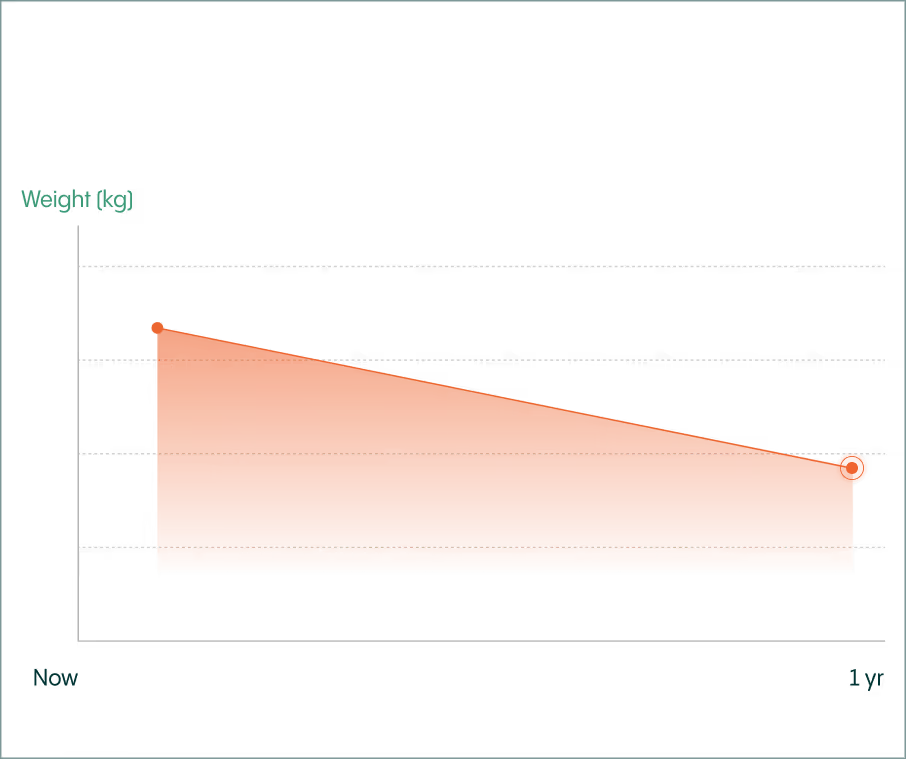

There are many different reasons as to why a man can experience erectile dysfunction (ED). It may be caused by psychological issues, but more often than not, it has to do with the physical aspects of the individual.

Having diabetes is one such example, which has been shown to be closely linked to an increased prevalence of ED. More specifically, a 2011 study revealed that “prevalence of impotence in diabetic men is [equal to or greater than] 50%” (Thorve et al. 2011, p. 129).
In this article, you can learn more about the connection between diabetes and erectile dysfunction, as well as understanding how you can receive the ED treatment you may need.
To understand the link between the two, it is useful to understand how normal erections occur in the first place. They involve a number of areas in our body, including the arteries, nerves, and of course a body of soft tissue – the penis.
When a man is sexually aroused, his brain sends a signal to the arteries located in the groin area, notifying them to increase the blood flow to the penis. An erection occurs as the blood starts to flow in, and that’s when the penis begins to stiffen up.
How hard the penis gets, and for how long, is dependent on a number of factors. The varying levels of sexual stimulation that is occurring, or the body’s natural ability to supply more blood flow into the penile tissue are just some of these factors.
With diabetic men, the issue is when the body’s ability to increase the blood flow is limited, due to abnormal blood vessels. More specifically, men who have been diagnosed with diabetes tend to have narrower and more constricted blood vessels, due to the build-up of plaque, cholesterol, and fat.
This naturally prevents the blood vessels from being capable of supplying as much blood as they could to other parts of the body, including the penis. In short, damaged blood vessels from diabetes make it much harder for a man to get and maintain an erection, effectively causing erectile dysfunction.
ED and diabetes often go hand in hand. In fact, current findings suggest that at least 50% of men who have diabetes also suffer from ED (Thorve et al. 2011, p. 129). The same population also tends to experience ED earlier than healthy men without diabetes, with a difference of between 10 to 15 years.
In general, older men tend to experience some level of ED more so than younger men. This adds another factor when looking at the statistics for ED and diabetes. More specifically, men with diabetes over the age of 50 can have up to 60% chance of experiencing ED. This number jumps to 95% when they reach 70 years old (Bacon et al. 2002, p. 1458).
In contrast, only about 70% of healthy men without diabetes, aged 70 years and above, experience ED.
Fortunately, ED and diabetes is not exactly a life-sentence. There are a number of different ED treatment options available to men with diabetes, and they have all been shown to be highly effective. When looking at oral medications, the most common FDA-approved drugs include sildenafil, tadalafil, and vardenafil. These are often sold under a particular brand, namely Viagra, Cialis, and Levitra, but can also be found in their generic form.
These oral medications work by inhibiting the PDE5 enzyme, which is responsible for the regulation of blood flow to the penis. In doing so, the rate in which blood flow enters the penile tissue rises, making it much easier to develop and maintain an erection.
It is important to always consult your doctor before taking any of the listed oral medication above, as they can also affect your cardiovascular system. This becomes especially crucial when the person is diabetic. As individuals with diabetes often have specific medications already in place to keep their high blood pressure in check, certain ED medications may have an interaction effect on the body.
There is no one best solution when it comes to treating ED for men with diabetes. There are many other factors unique to the individual that needs to be taken into consideration when deciding, and again, the best person to make that judgment is a professional medical doctor.
In conjunction with oral medication for ED, men with diabetes can also consider some lifestyle changes including changes to their exercise regime and diet, as well as other aspects such as smoking and alcohol consumption. These changes can have a positive effect on the treatment for ED, but more than that it can also benefit the general health and well-being of the body.



Articles featured on Noah are for informational purposes only and should not be constituted as medical advice, diagnosis or treatment. If you have any medical questions or concerns, please talk to your healthcare provider. If you're looking for a healthcare provider, click here.
Bacon, C.G., Hu, F.B., Giovannucci, E., Glasser, D.B., Mittleman, M.A. and Rimm, E.B., 2002. Association of type and duration of diabetes with erectile dysfunction in a large cohort of men. Diabetes care, 25(8), pp.1458-1463. (Link)
Thorve, V.S., Kshirsagar, A.D., Vyawahare, N.S., Joshi, V.S., Ingale, K.G. and Mohite, R.J., 2011. Diabetes-induced erectile dysfunction: epidemiology, pathophysiology and management. Journal of Diabetes and its Complications, 25(2), pp.129-136. (Link)